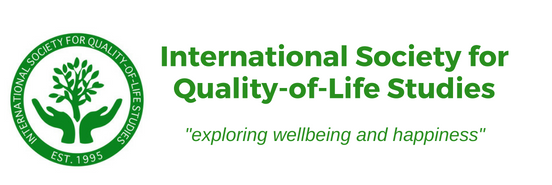APDU Workshop Series: Making the Best of the 2020 Census
Virtual Workshop
Town Halls: April 14 and May 12, 2021
Trainings: June 16, August 18, and September 15, 2021
Office Hours: Biweekly beginning June 9, 2021
Price: Free
Register Here
Accurate statistics about 2020 will rely on much more than the decennial census data collection. Developing reliable data will require an understanding of challenges resulting from the pandemic, combined with greater use of non-traditional sources like administrative records. The solutions to these problems will impact how data is gathered going forward for a variety of purposes: education, housing, economic development, public health, and more.
Register today for this series of town hall events and trainings. During this workshop series you will learn more about the quality of the data that state and local leaders rely on and how you can improve and supplement it.
Town Hall #1: April 14, 2021 (3:00 – 4:00 PM ET)
2020 Census was “Different” – A Rundown of Issues
Facilitators:
- Amy O’Hara, Research Professor, Massive Data Institute, Georgetown University
- danah boyd, Principal Investigator, Microsoft Research & Founder, Data & Society
With the COVID-19 pandemic, political interference, and disclosure avoidance concerns, this census was deeply impacted. Amy and danah will discuss what happened with the census, where we are now, what researchers are hearing from the Census Bureau, the updated timeline, and what the Census Bureau can still fix.
Town Hall #2: May 12, 2021 (3:00 – 4:30 PM ET)
Solving Data “Differences” – Assessing the Use Cases
In this town hall, we will solicit your concerns and questions about upcoming census products – specifically about urban/rural, housing, workforce, health, and justice use cases. We will discuss data sources and methods for these different use cases. Since 2020 census products are delayed, we will discuss alternative data sources that may support population measurement.
Training #1: June 16, 2021 (1:00 – 3:30 PM ET)
Addressing the Census – Why Address Data is Crucial and How to Use It
In the first of a series of trainings focused on preparing data users to use the 2020 census data, we will begin by familiarizing the group with types of address data to lead to a high-quality census enumeration, help to validate the census publications that come out, and potentially how to mount a Count Question Resolution challenge. In this session, we will review coverage and classification issues, how to evaluate data sources and tools to assess your data.
Training #2: August 18, 2021 (1:00 – 3:30 PM ET)
Age Bins – Where to Find More Data
In our second training, we will discuss the importance of obtaining accurate data on different age categories. The Census Bureau has released demonstration data on their disclosure avoidance system; however, age bins have not been a component. Accurate age bins are critical for urban planning, public health, social research, and funding, and we know that the census has traditionally undercounted very young children and overcounted the elderly. We will discuss how possible imprecision in published census results may affect the age distribution and consider how age bins can be smoothed. We will also explore other datasets that can be used to understand key population subgroups.
Training #3: September 15, 2021 (1:00 – 3:30 PM ET)
Beyond COVID – Identifying Public Health Data to Prevent Disaster
Whether it’s a global pandemic or an overdose crisis in your community, we want to empower you with the tools and resources to identify patterns and be prepared to respond. This training will go over the new administration’s Executive Order, which datasets can drive insights around health, highlighting differences between statistical and tactical data. We will also discuss measuring migration and service utilization. With these tools, we are hoping to prepare our attendees to identify the best data and methods to deal with future public health crises or natural disasters.
Share this:
